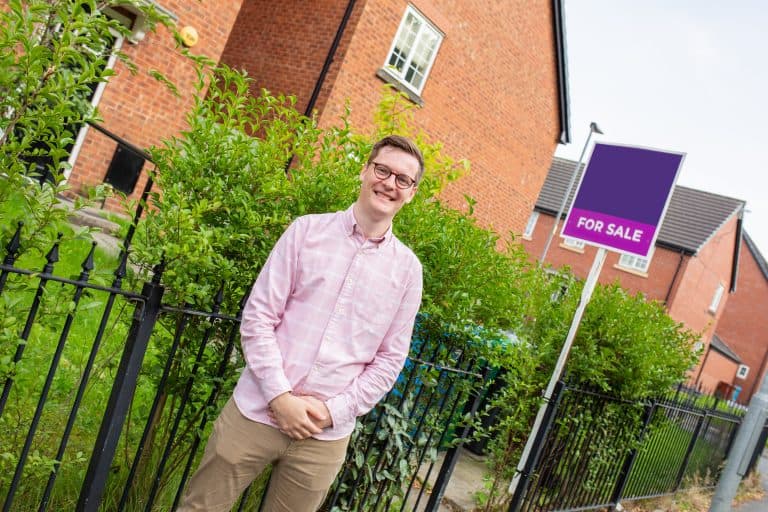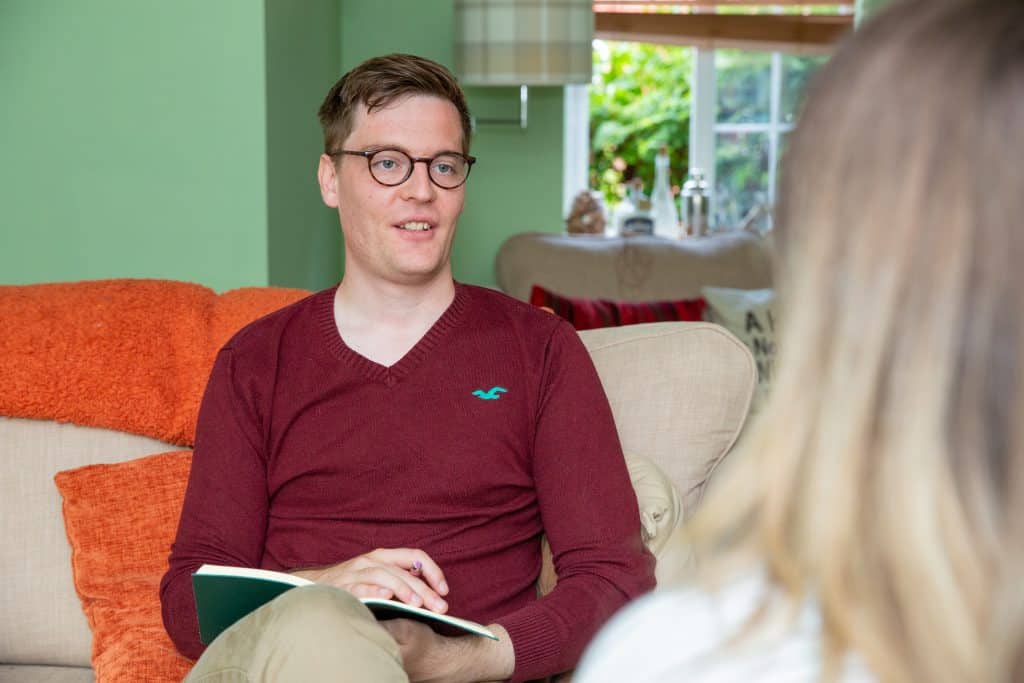Graduate Mortgage Tips
Home > Graduate Mortgages > Graduate Mortgage Tips
Graduate Mortgages Tips
Below are 7 tips for graduates looking to get a mortgage.
See the main Graduate Mortgage page and Bad Credit Graduate Mortgages too.
1. Open a Lifetime ISA
The Lifetime ISA, or LISA, is a must for anyone saving a deposit for their first home.
The biggest benefit is that the government will give you a 25% bonus on everything you save into it each year. That means for every £1,000 you save, you get £250 from the government.
You can save up to £4,000 per year into a LISA which might be achievable in your first job after graduation, or if you are on a graduate scheme.
You need to have the account for a year before you qualify for the bonus, so the sooner you open it the better.
The Lifetime ISA replaced the Help to Buy ISA last year.

2. Keep away from car finance
One of the biggest mistakes I see graduates make when trying to get onto the housing ladder is taking out car finance.
Every pound that you are committed to paying for car finance each month means that’s a pound you don’t have free to fund a mortgage. Banks and building societies know this. That’s why the higher your monthly credit commitments are, the less they will lend,
This also applies to credit card balances, buy now pay later, and other loans too.
If you absolutely need to finance a car, you need to understand that the more expensive car you buy (or lease), the more this will count against you when applying for a mortgage. If buying your first house is a priority, scale down on the car for now. Would you rather have a flashy car parked in your rented flat parking space, or a modest car on the drive way of a 3 bed semi that you own?
Besides, once you get the mortgage you could then look at upgrading your ride anyway!
3. Keep your credit clean
Having a bit of credit that is up to date and always paid on time is not a bad thing per se. What is an issue, is if you don’t make your payments on time.
Lenders will see this when they run a credit report on you, and they may reduce what they will lend to you, or lend you nothing at all.
You might have some options even if you do have bad credit, but the mortgage is likely to be more expensive.
4. Check your credit report
Seeing your own credit score before the bank does gives you the opportunity to get on the front foot. Sometimes the credit agencies make errors. By being prepared you can correct any errors in advance.
I think CheckMyFile is the best place to get your credit report. The report is really easy to read, unlike some (ahem, Experian), and they actually show multiple agencies on one report.
Once you have the report, check that the address history is up to date and any financial associations are correct. If you had a joint account with an ex, or a flat mate, their bad credit could become your bad credit unless you get disassociated from them.

5. Keep organised
Make sure you are saving your payslips, bank statement, and have proof of your deposit. You’ll need to provide these later down the line and any delay could see you miss out on the property you want.
6. Get advice well in advance
A good Mortgage Broker will be happy to help you long before you are actually ready to buy. I sometimes speak to people over a year before they are going to have enough deposit to apply for a mortgage. But I leave them knowing exactly what they need to do and what might be realistic for them.
Don’t leave it to be a surprise as to whether you can get a mortgage or not after you have put an offer in on a house. Speak to a pro well in advance. They are probably cheaper than you think, if not free.

7. Be disciplined
Set what you want to save each month, and put that aside the day you get paid. Maybe into a LISA! Calculate how much deposit you need to save, decide how long you want to save it over, do the maths and pretend you earn that much less per month than you actually do.
See the main Graduate Mortgage page and Bad Credit Graduate Mortgages too.
Your home may be repossessed if you do not keep up repayments on your mortgage
Why Jamie Thompson Mortgages
- Making professional advice accessible
- Flexibility to suit your schedule
- Simplifying big decisions
- Reliable, friendly, professional
